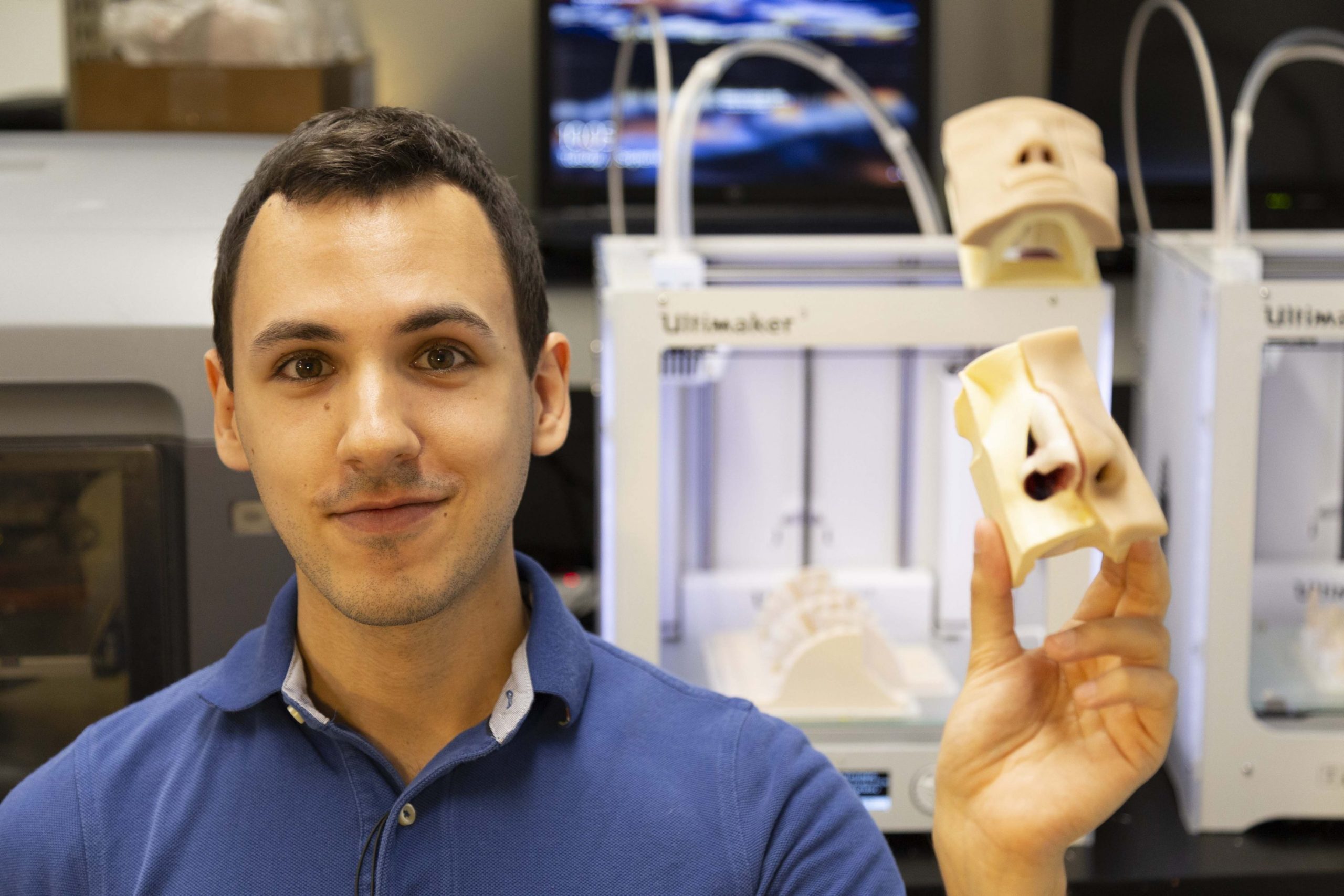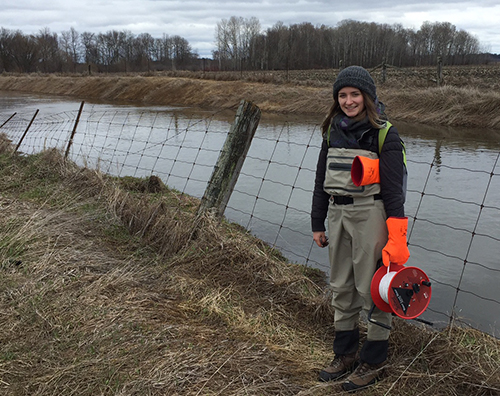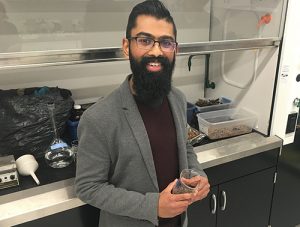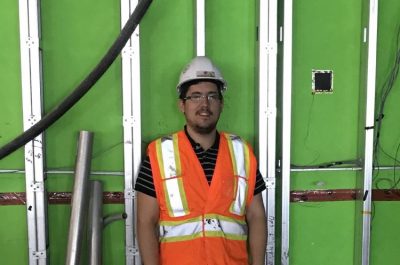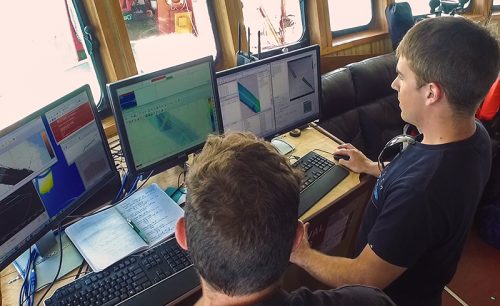Jonathan L’Heureux-Haché is gaining valuable experience as a CICan Career-Launcher Intern at Simulare Medical through our Digital Tech Internship program. As a recent graduate of University of Victoria’s Biomedical Engineering as part of a joint program with North Island College, Jonathan is excited to apply what he has learned to his new position as Product Development Specialist. Jonathan is creating surgical simulators that allow doctors to practice and train on tactical skills. He crafts models that mimic the human anatomy using CAD software.
Throughout his internship, Jonathan has been working on ground-breaking products and developing in-demand skills. For example, Jonathan is currently working on improvements to a rhinoplasty simulator that allows surgeons to practice with materials that simulate tissue, bone and cartilage. Jonathan is working on upgrading versions of existing products through improving models based on client feedback, while working to drive down product costs.
Due to the start-up nature and size of the firm, Jonathan has been able to wear many hats and has already become a product expert. He is very involved in the decision-making process for his projects and is given a great level of responsibility.
“Working at Simulare Medical, I have immediately been brought into projects that have real impacts. Collaborating with surgeons and organizations across the world, we are able to develop training tools to improve patient outcomes. The feedback has been amazing, and it excites me to see how our work is helping people.”
Jonathan believes that his education in biomedical engineering has well-prepared him to offer a unique perspective to the role, which is in part focused on medical communications. Through his Digital Tech Internship, Jonathan is now aware of more future career possibilities and venues to explore.
The Digital Tech Internship program was undertaken with the financial support of Innovation, Science and Economic Development Canada.

